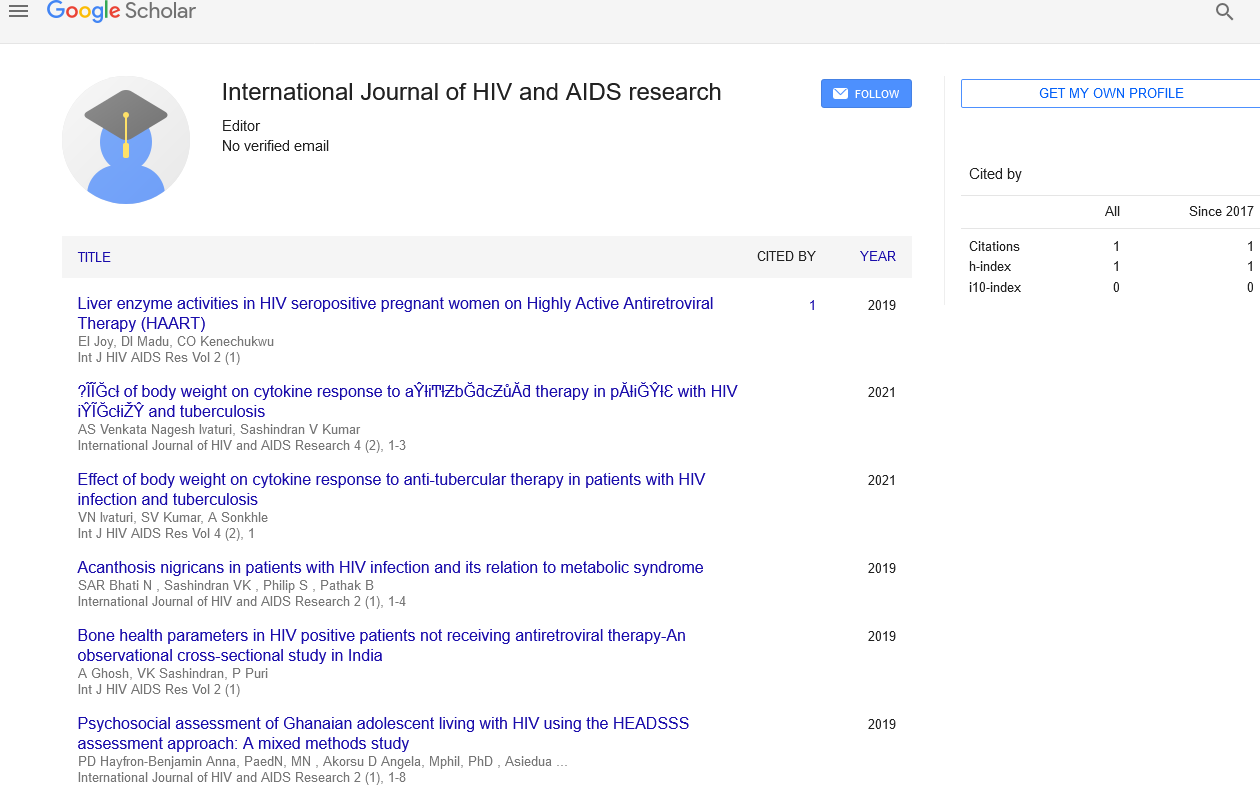Introduction of the anti-cancer food scoring system (ACFS 1.0): A quantitative measurement of anti-cancer potential of diet
Received: 03-Mar-2018 Accepted Date: Mar 14, 2018; Published: 21-Mar-2018
Citation: Rim CH. Introduction of the anti-cancer food scoring system (ACFS 1.0): A quantitative measurement of anti-cancer potential of diet. Appl Food Sci J. 2018;2(2):16.
This open-access article is distributed under the terms of the Creative Commons Attribution Non-Commercial License (CC BY-NC) (http://creativecommons.org/licenses/by-nc/4.0/), which permits reuse, distribution and reproduction of the article, provided that the original work is properly cited and the reuse is restricted to noncommercial purposes. For commercial reuse, contact reprints@pulsus.com
Cancer is one of the world’s greatest health problems. The cancer risk increases with aging of population, and is a more serious problem as the countries are developed [1].
The etiology of cancer is closely related to diet. Dolls & Peto estimated that about one-third of all cancer causes are related to diet [2]. Recently, a prospective study has reported that the cancer specific death rate is reduced by 60% in the population group who well-adhered the cancer prevention guidelines, of the World Cancer Research Fund and the American Institute of Cancer Research (WCRF & AICR) [3]. Six cancer prevention guidelines of WCRF & AICR were used in the research, and three of them were directly related to food intake (of plant food, red meat, and energy-dense food) and rest of them were about obesity, physical activity, and alcohol. Considering the dramatic decrease of cancer death with adherence of guidelines, the relationship between diet and cancer etiology is no longer a hypothesis, but is rather a fact.
Many people are interested in foods that can prevent cancer. Mass media and the websites are flooded with information about ‘healthy foods’ that can prevent cancer. There have been scientific and systematic researches on cancer preventive potential of foods, but much common knowledge without sound evidence also commonly persist. Therefore, it might be difficult to find helpful information for people without expertise, and not easy enough even for medical or nutrition specialists to figure out the best scientific and useful information.
Being an oncologist, I have known several quantitative scoring models to predict the prognosis of cancer patients. So I thought: What if there is a quantitative scoring model to evaluate the anti-cancer or carcinogenic potential of the foods we eat?
If quantitative anti-cancer or carcinogenic scores are given, also the people without expertise can find and eat foods that can help prevent cancer. The Anti-Cancer Food Scoring system (ACFS 1.0) [4] is such a scoring model. Using this scoring model, one can quantitatively assess the anti-cancer or carcinogenic potential of the foods, such as meals you just have as for your breakfast or lunch. To briefly explain the principle, the components of the foods were coded and scored qualitatively and quantitatively with the relevant published researches. The scoring and assortment of researches was mainly referenced to the classification criteria used in the second expert report of WCRF & AICR [5]. The amount of each food component, measured in food exchange unit, and the point allotted to the code are multiplied and the final score is yielded. Detailed explanation is described in the published article about ACFS 1.0 [4].
The article focused on the development of the calculation model, and the application of model was done for only 20 kinds of recipes. ACFS will have to be applied to much more types of food recipes, and will be modified and developed with help of experts in different fields. ACFS 1.0 is developed almost entirely by an oncologist, and the author truly welcomes every advice of nutritionists and all healthcare professionals.
REFERENCES
- Stewart B, Wild CP. World Cancer Report, 2014. Health 2014.
- Doll R, Peto R. The causes of cancer: quantitative estimates of avoidable risks of cancer in the United States today. JNCI: Journal of the National Cancer Institute1981;66:1192-308.
- Hastert TA, Beresford SA, Sheppard L, et al. Adherence to the WCRF/AICR cancer prevention recommendations and cancer-specific mortality: results from the Vitamins and Lifestyle (VITAL) Study. Cancer Causes Control 2014;25:541-52.
- Rim CH. Development of quantitative index evaluating anticancer or carcinogenic potential of diet: the anti-cancer food scoring system 1.0. Nutr Res Pract 2018;12:52-60.
- World Cancer Research Fund /American Institute for Cancer Research. Food, nutrition, physical activity, and the prevention of cancer: A global perspective. Washington D.C., USA: AICR 2007:60.





